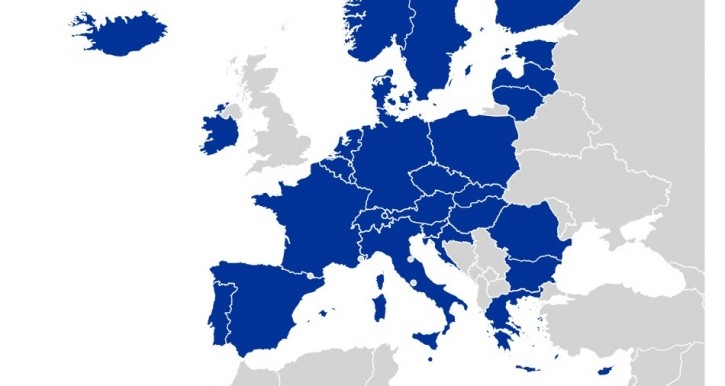EU
German confectionery association calls for more European legislation to strengthen single market

Today, unrestricted movement of goods in an economic area with almost 450 million inhabitants is taken for granted, but the BDSI has warned that the effects of Brexit and the associated loss of around 67 million consumers show how important the effort to maintain the freedom of goods is for the economy.
It said that not only Brexit but also within the EU, the Common Market is being increasingly undermined and thus weakened, creating more obstacles for medium-sized confectionery companies.
As an example, it cites different waste management systems in EU member states, raising the question of how a single internal market can be reconciled with a disparity in regulations.
Currently, packaging is considered highly recyclable in one member state, for example, but in another member state, it is classified as non-recyclable and is incinerated.
So far, the EU Commission has shied away from harmonizing the various approaches while at the same time promoting environmentally friendly practices, the BDSI claimed. Another example is the current discussions about the EU Packaging Regulation, in which individual member states want to retain as much leeway as possible – with some pushing for stronger regulations and others arguing for less strict regulations.
"The 30th anniversary of the internal market must finally initiate a reversal of the trend in European politics in order to counteract fragmentation and to focus on strengthening the common market and legal standardization in legislative proposals," said Bastian Fassin, Chairman of the BDSI. “Because we have been witnessing a gradual erosion of the common market for years."
As a medium-sized sector in the European Union, the BDSI is explicitly calling for future European legislation to:
1. Reviving and strengthening the internal market idea in European legislation
2. Consistent action by the EU Commission against national unilateral actions that threaten to restrict the free movement of goods
3. National isolations are often carried out under the guise of consumer and health protection - here, as in the central case law of the ECJ on the free movement of goods, it is important to re-establish a balance
About the BDSI
The BDSI represents the economic interests of over 200 mostly medium-sized German confectionery companies. It is both a business and employers' association. The German confectionery industry is the fourth largest sector of the German food industry, accounting for around 10% of sales.





